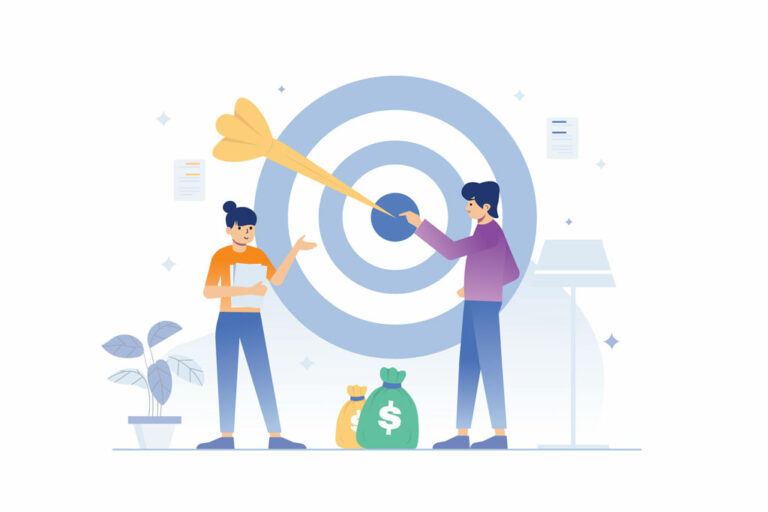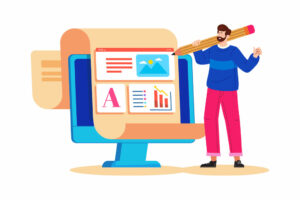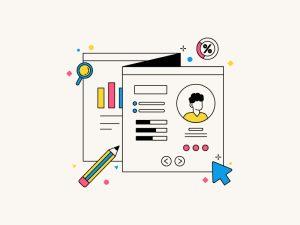Providers are beginning to realize the importance of delivering personalized experiences in the increasingly competitive healthcare landscape.
Leveraging technologies like artificial intelligence (AI) and machine learning, healthcare providers, including dentists, can now tailor their services and communication based on individual patient behaviors and preferences.
This shift towards personalization elevates patient experience and satisfaction, fostering patient loyalty and retention. In this post, I’ll explore the impact of personalization in healthcare marketing.
Understanding personalization in healthcare marketing
Personalization in healthcare marketing means utilizing patient data to deliver more relevant and engaging experiences. It involves understanding each patient’s medical history, preferences, and needs and then customizing services and communication to align with these unique profiles.
Personalization goes beyond addressing patients by their names in emails; it extends to providing personalized treatment plans, sending personalized health reminders, and crafting educational content that resonates with individual patients.
Enhancing the patient experience
Personalization adds a layer of relevance to the patient journey, making interactions with healthcare providers more engaging and meaningful. When patients receive care or communication tailored to their needs and interests, they’re more likely to feel valued and stay loyal to the provider.
For instance, a dentist could send reminders to patients for their regular check-ups based on their specific oral health conditions, enhancing patient compliance and promoting preventive care.
Practical Examples of personalization
Personalized Email Communication
Email communication is one area where personalization can be incredibly effective. Healthcare providers can send personalized health tips or reminders based on a patient’s medical history. For instance, a dentist could send personalized oral hygiene tips to a patient prone to cavities or periodontal disease, increasing the relevance and effectiveness of the communication.
Customized Patient Portals
Healthcare providers can also personalize the patient experience through customized patient portals. These portals can provide tailored health advice, personalized treatment plans, and reminders for upcoming appointments or medication refills. A patient with diabetes, for example, could receive diet advice, exercise recommendations, and medication reminders specific to their condition.
Tailored Social Media Content
Healthcare providers can use social media to share personalized content, such as health tips, preventive care advice, and educational resources. For example, a dentist might share content on the importance of regular check-ups, tips for maintaining oral hygiene, or information on specific dental procedures. This content can be tailored to the interests and needs of the provider’s patient base, increasing its relevance and effectiveness.
The Impact of AI and Machine Learning on Personalization
AI and machine learning technologies are increasingly used in healthcare marketing for personalization.
These technologies can analyze vast amounts of patient data and identify patterns, helping healthcare providers better understand their patients and personalize their services and communication.
For instance, AI-powered virtual assistants can provide personalized patient service, using past interactions to predict and respond to patient queries.
In conclusion, personalization in healthcare marketing offers immense benefits, from enhanced patient satisfaction to improved loyalty and retention. As technology evolves, healthcare providers who can effectively implement personalization will stay ahead of the curve, delivering unique, value-driven experiences that patients appreciate and reward with loyalty.







